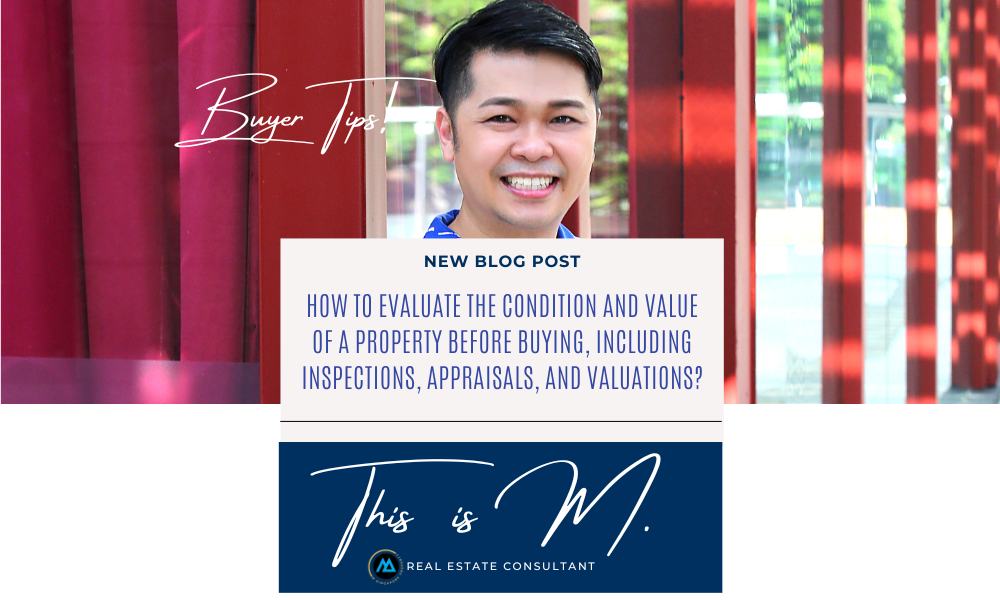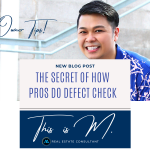Evaluating the condition and value of a property in Singapore before buying is crucial to making an informed decision. Here are the steps you can take to assess the property:
- Conduct a property inspection: Hire a qualified home inspector to inspect the property thoroughly. The inspector will examine the structure, electrical systems, plumbing, fixtures, and other essential components. They will provide a detailed report of any issues or potential concerns.
- Review property documents: Request and review property documents such as the title deed, floor plans, and property disclosure documents. The property disclosure documents may include information about any known defects or repairs conducted on the property.
- Obtain a property valuation: Engage a licensed appraiser to determine the property’s value. The appraiser will compare the property to similar properties in the vicinity to arrive at a fair market value. A proper valuation helps ensure you’re paying a reasonable price for the property.
- Research comparable sales: Research recent sales of similar properties in the neighborhood. This data, known as comparable sales or “comps,” can provide insight into the property’s market value and help you gauge the reasonableness of the asking price.
- Consider location and market trends: Evaluate the property’s location and its potential impact on value. Study local market trends, including price appreciation or depreciation, to understand the property’s potential for future value.
- Check property tax assessments: Examine property tax assessments for similar properties in the area to get an idea of how the local government perceives their value for tax purposes.
- Factor in leasehold or freehold status: In Singapore, properties can be either leasehold or freehold. Leasehold properties have a limited tenure, while freehold properties have indefinite ownership. Factor in the tenure when evaluating the property’s value.
- Seek expert advice: Consult with a reputable real estate agent or property advisor who is familiar with the Singapore property market. They can provide valuable insights and assist you in interpreting the results of inspections, appraisals, and valuations.
By following these steps and conducting thorough due diligence, you can make an informed decision and negotiate fairly when purchasing a property in Singapore. Keep in mind that investing in professional evaluations can help you avoid potential issues and ensure you are making a sound investment.


